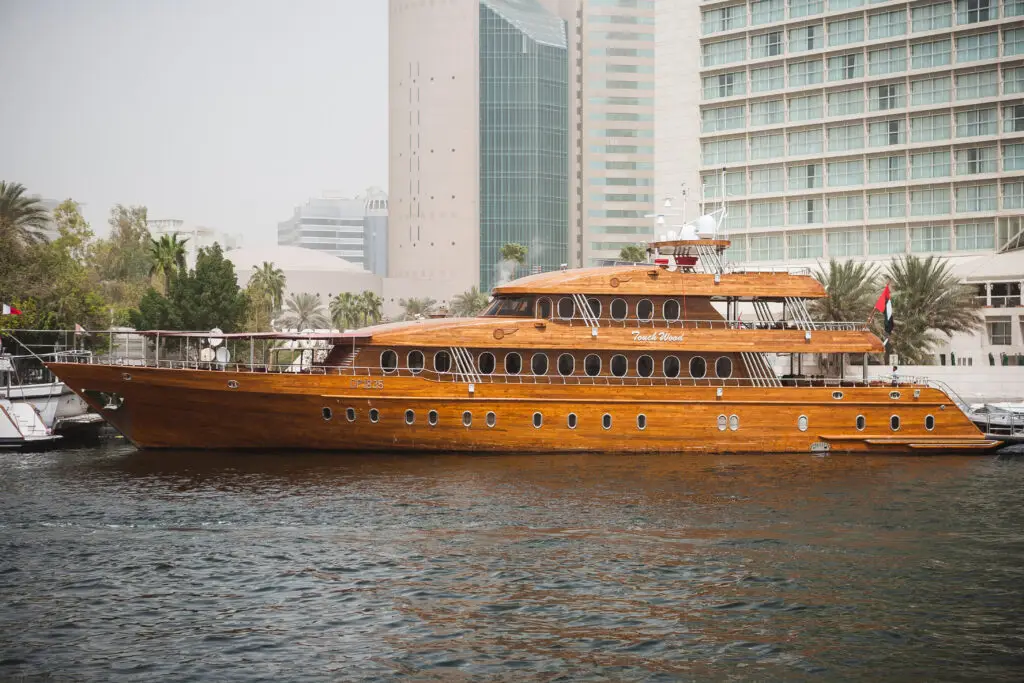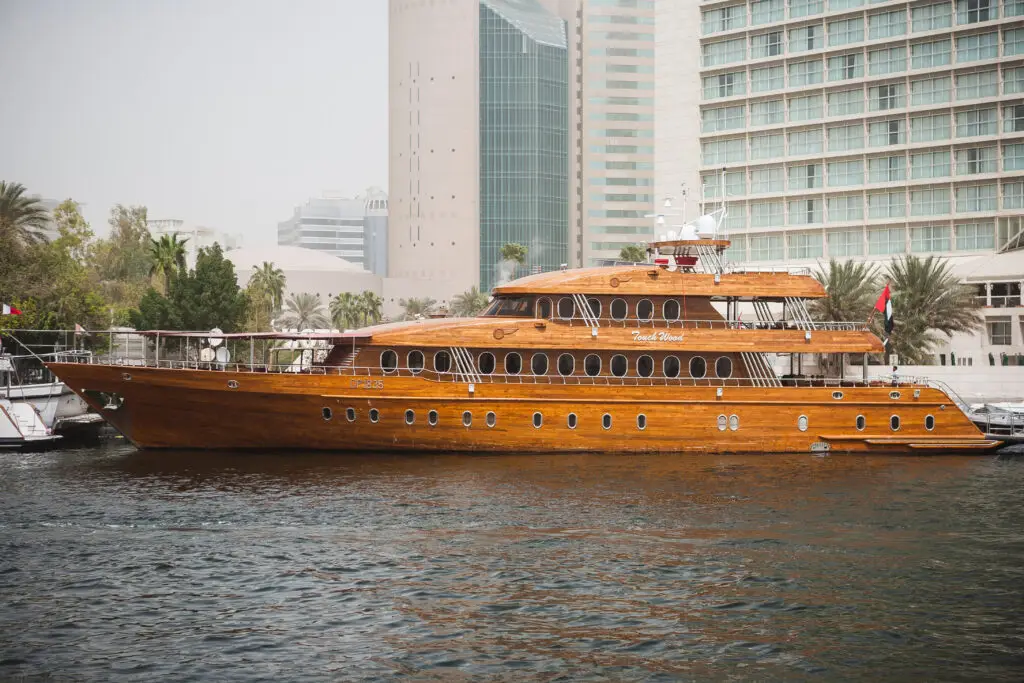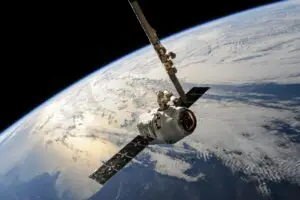
DUBAI, UAE - MARCH 19: Dubai Creek on March 19, 2012. A saltwater creek located in Dubai
France Retreats from Channel Interception Plan | UK-French Migrant Crisis 2025
Introduction
Tensions are rising once again between France and the United Kingdom over how to manage the persistent flow of migrants attempting the perilous journey across the English Channel. Recent reports suggest that France is backing away from its earlier pledge to intervene at sea to prevent small boats from reaching British waters. According to multiple sources, including information obtained by the BBC, internal political turmoil and logistical challenges have stalled France’s plans for a new maritime doctrine that was expected to reshape joint border efforts.
The development comes as the UK government continues to prioritize curbing illegal crossings — a politically charged issue that has drawn heavy criticism and humanitarian concern. Meanwhile, small, overcrowded inflatable boats continue to leave French shores daily, exposing the ongoing crisis and the limits of existing enforcement measures.
France’s Stalled Maritime Doctrine
When the concept of a new maritime doctrine was first discussed, it was hailed as a turning point. French patrol vessels were expected to intercept inflatable “taxi boats” — small crafts used by smugglers to ferry migrants into deeper waters before crossing to the UK. These operations, if implemented, would have represented a significant escalation in France’s maritime enforcement policy.
However, recent disclosures suggest that the policy remains only theoretical. A senior French maritime security official told the BBC the plan was “still being studied” and dismissed earlier promises as political posturing.
“It’s just a political stunt — a lot of talk, but no action,” the source reportedly said.
This retreat has raised alarm within UK government circles, particularly as British officials had viewed the doctrine as evidence of growing French commitment to tackling illegal crossings collaboratively.
Political Upheaval in France: A Major Setback
France’s domestic political instability has become a major factor behind the slowdown. The country’s recent cabinet reshuffles have disrupted continuity within the Ministry of the Interior, which oversees maritime and border operations.
Former Interior Minister Bruno Retailleau, who had been the driving force behind the tougher maritime stance, lost his position amid the latest government reshuffle. His departure left a vacuum in leadership, and with France’s attention divided by other national crises, the Channel migration issue appears to have slipped down the political agenda.
“It’s possible that these new measures at sea might never happen,” said Peter Walsh, a researcher at Oxford’s Migration Observatory.
The timing couldn’t be worse for the UK, which had invested political capital and funding into bilateral cooperation — particularly under the Sandhurst Treaty, now up for renegotiation.
A Crisis That Won’t Stop at the Shoreline
Despite diplomatic efforts, migrant crossings have continued unabated. Inflatable boats, often carrying dozens of people in dangerous conditions, are still leaving from France’s northern coastline and inland waterways.
Local residents report seeing multiple departures daily from canals near ports such as Dunkirk and Gravelines. One resident, Jean Deldicque, shared footage of several boats leaving from a shallow canal — with police boats nearby making no attempt to intervene.
“It’s mad — completely mad. You have to stop the boats,” Deldicque said.
The lack of direct intervention has frustrated UK authorities, who argue that France could do more to prevent boats from launching in the first place. Yet, French officials maintain that the risks involved — to both officers and migrants — make aggressive intervention legally and ethically problematic.
Why France Is Hesitant to Intercept Boats at Sea

Several factors explain France’s reluctance to fully commit to maritime interceptions. According to French navy sources, intervening at sea carries immense legal and moral risks.
- Risk to Human Life: Attempting to forcibly turn back or disable overcrowded boats could easily result in capsizing and fatalities.
- Legal Liability: Any deaths resulting from French intervention could expose officers to prosecution under national and international law.
- Moral Concerns: Many within the French navy and rescue services see such missions as incompatible with their humanitarian principles.
“The French navy understands the danger — they don’t want to end up in court or responsible for a tragedy,” one source explained.
For these reasons, French maritime rules remain restrictive. Police and rescue forces are only authorized to enter shallow waters to assist people in “imminent danger.” Proactive interdiction — even from the beaches — remains off-limits.
Confusion and Contradictions in PolicyThe gap between rhetoric and reality has created widespread confusion. British officials, including Prime Minister Keir Starmer’s team, initially interpreted limited French actions — such as police slashing a deflated boat near Boulogne — as evidence of new enforcement measures.
But French police unions have since clarified that no new orders or permissions were ever formally issued. Jean-Pierre Cloez, a union spokesperson, confirmed that the proposed policy shifts had been put on hold, citing the same concerns of danger and lack of resources.
“We considered it too dangerous. The rules remain the same,” Cloez said.
This inconsistency underscores a broader tension between political promises and operational realities on both sides of the Channel.
The Role of Smuggling NetworksComplicating matters further is the sophistication of migrant smuggling operations along the northern French coast. Smugglers now use “taxi boats” that pick up passengers already wading into waist-deep water, allowing rapid departures before law enforcement can react.
Efforts to block waterways using chains or barriers have proven ineffective, as gangs quickly adapt their tactics. According to French maritime analysts, some canals like the Canal de L’Aa are shallow enough for safe intervention, but enforcement remains inconsistent.
This adaptability, combined with limited manpower and resources, makes it nearly impossible for French authorities to completely seal the coastline, which stretches over 150 kilometers (90 miles).
UK Frustration and the Sandhurst Treaty
The UK government, which contributes millions annually to joint border operations under the Sandhurst Treaty, has expressed growing frustration with France’s inconsistent enforcement.
UK border security chief Martin Hewitt publicly acknowledged his “frustration” with French delays and the apparent rollback of the maritime interception pledge. British officials worry that, without stronger French cooperation, Channel crossings could hit new record levels this year.
The treaty, currently under renegotiation, outlines shared funding for surveillance technology, beach patrols, and infrastructure improvements. However, London is now under pressure to demand clearer accountability from its French counterparts before renewing or expanding its commitments.
Humanitarian Dilemmas at Sea
Even as governments debate enforcement strategies, rescue crews and volunteers on France’s northern coast continue to face impossible moral choices.
Gérard Barron, head of Boulogne’s sea rescue volunteers, described incidents where smugglers or passengers brandished knives or threatened to harm infants to deter rescue boats from approaching.
“Odd as it may seem, if they don’t request assistance, you cannot force them to accept it,” Barron explained.
These realities underline the dangerous and unpredictable nature of the crossings — and the difficulty of balancing law enforcement with humanitarian obligations.
Legal and Ethical Constraints
International maritime law obliges all vessels to render assistance to those in distress at sea. However, defining “distress” becomes complicated when migrants refuse help or appear stable enough to continue their journey.
For France, any perception of forced intervention could lead to legal challenges, both domestically and in European courts. As such, the government has preferred to focus on land-based enforcement — arresting smugglers, seizing boats, and patrolling departure zones — rather than physically intercepting boats in open waters.
While these operations have prevented thousands of crossings, critics argue they merely displace rather than eliminate the problem.
Wider Political and Diplomatic Implications
France’s withdrawal from its maritime pledge has wider diplomatic consequences. For the UK, it fuels domestic criticism of government migration policies and puts pressure on Prime Minister Starmer to demonstrate progress.
For France, the issue exposes internal divisions within President Emmanuel Macron’s administration, which faces mounting political pressure from both right-wing parties calling for stricter border control and humanitarian groups condemning harsh enforcement.
Observers note that the Channel crisis has become a symbol of Europe’s broader struggle to balance compassion with control — a dilemma playing out across the continent.
Possible Paths Forward
Experts suggest that without coordinated European action, ad hoc bilateral efforts will continue to fall short. Some proposed solutions include:
- Enhanced Joint Patrols: Mixed UK-French teams operating under a shared command structure.
- Targeting Smuggler Finances: Cross-border investigations to dismantle networks rather than just intercept boats.
- Safe Asylum Routes: Expanding legal pathways to discourage dangerous crossings.
- Improved Infrastructure: Strengthening surveillance and response capacity in inland departure zones.
Yet, all these proposals face political resistance and budgetary constraints.
Conclusion
France’s apparent retreat from its pledge to intercept migrant boats at sea marks a significant setback in the joint UK-French effort to manage Channel crossings. While officials on both sides express continued commitment to cooperation, the realities of politics, legality, and humanitarian risk have once again undermined policy ambitions.
For now, the crossings continue — a reminder that this complex issue cannot be solved by enforcement alone. Only through sustained collaboration, transparency, and humane policymaking can both nations hope to address the root causes of the Channel migration crisis.
Internal Linking Suggestions
UK Immigration Policy Reforms: What’s Changing in 2025
- The Role of the Sandhurst Treaty in Border Cooperation
- Europe’s Migration Routes: A Humanitarian and Political Analysis
- Why Channel Crossings Are Rising Despite Crackdowns



